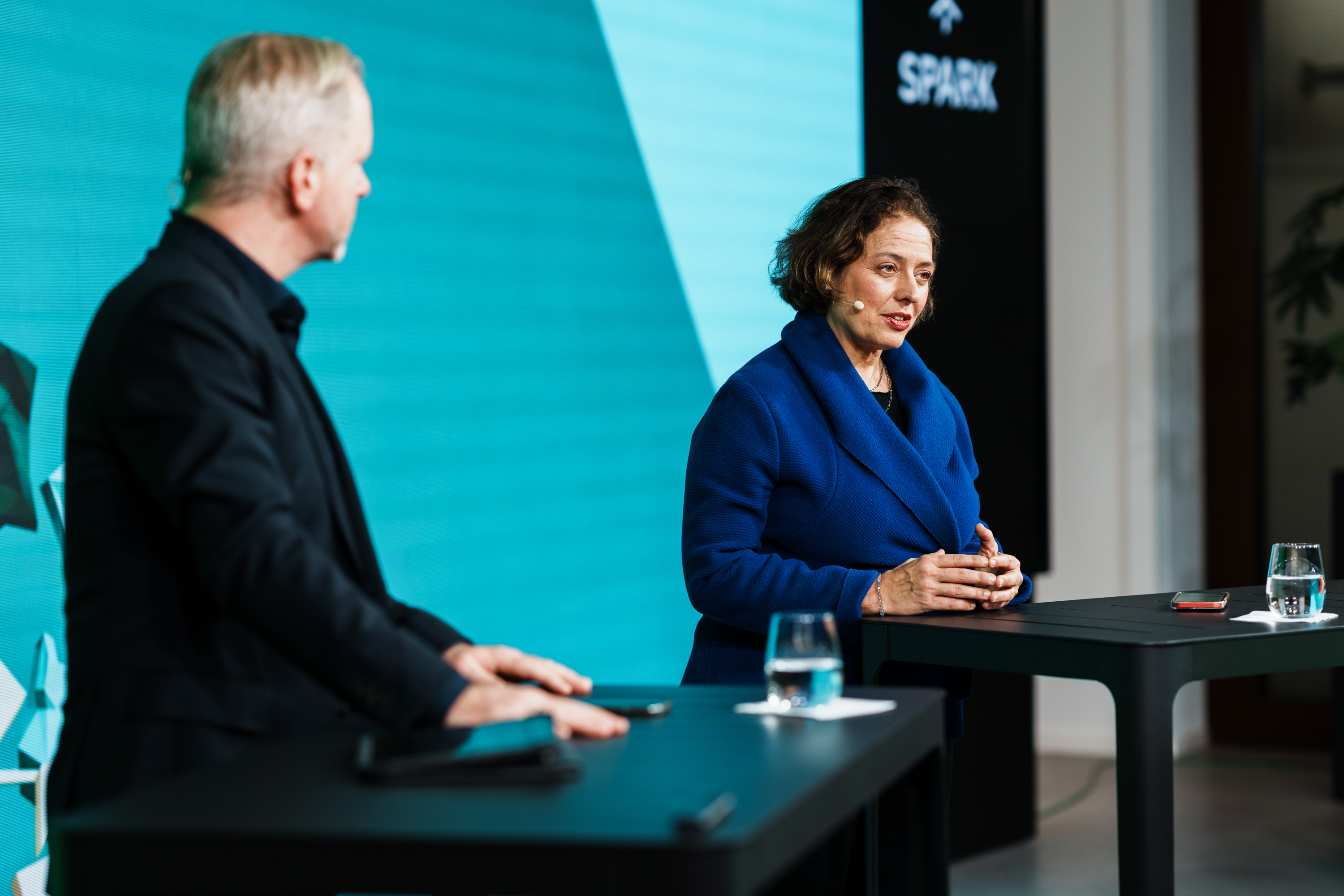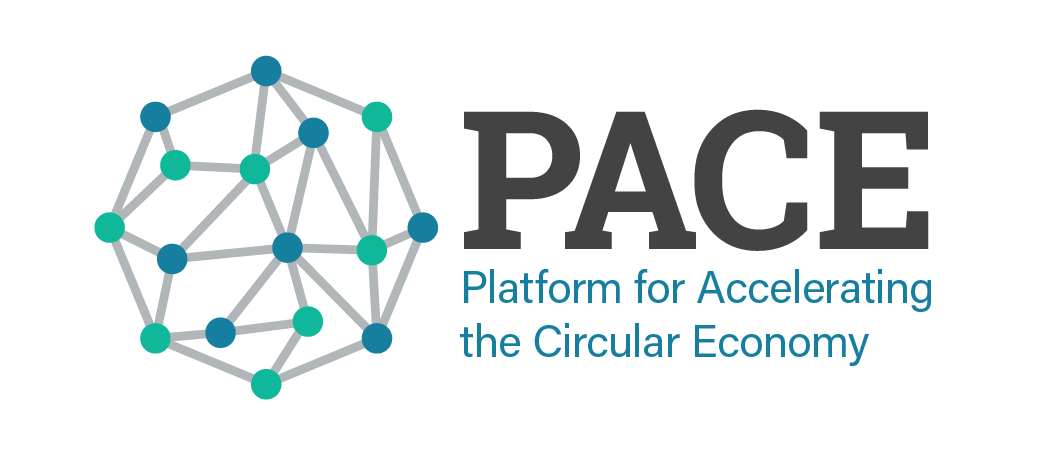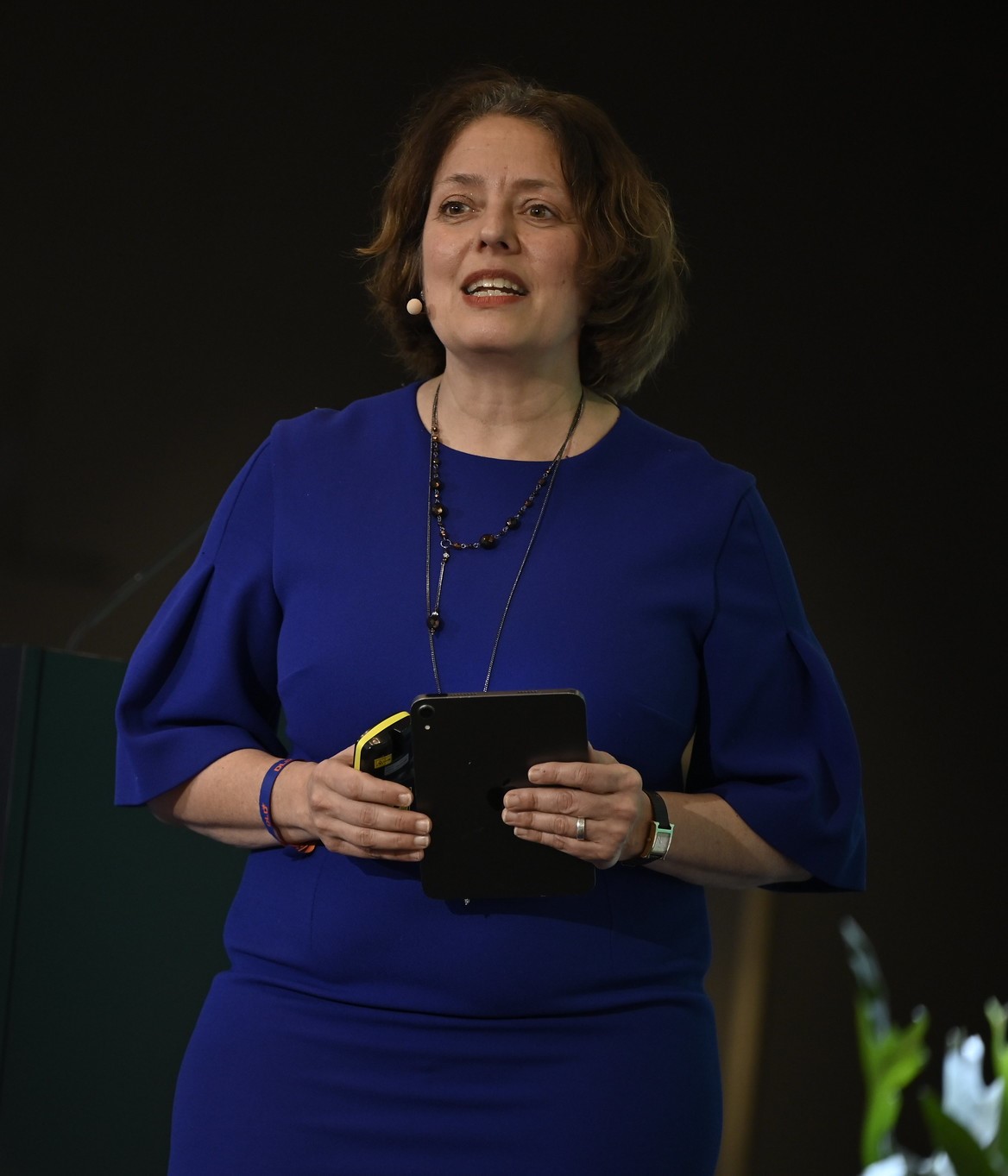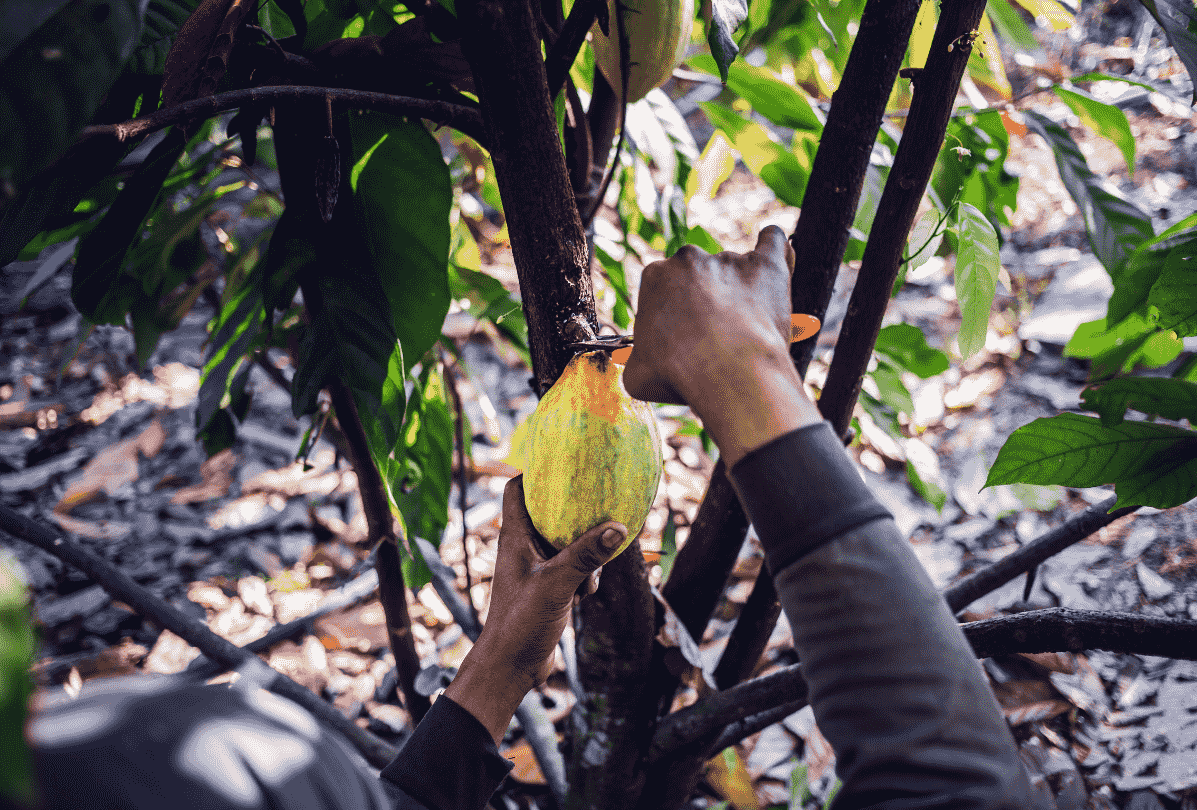Zeit für Klima
Article subtitle
A Summary Digest
A Summary Digest
The title of the event was (it’s) ‘Time for Climate’: and the primarily German, primarily business-oriented audience in attendance agreed with this. As one put it ‘It isn’t five minutes to midnight, it’s five minutes after!’
There was a good range of corporate perspectives represented, plus a helpful overview of the EU’s circular economy plan, an evening interview with the environment minister, a brief interview with a youth climate entrepreneur from Indonesia, and a long-time circular economy expert and co-author of Cradle to Cradle (Prof Michael Braungart).
It was refreshing to listen to the thoughtful, sober presentations from several leading German corporates throughout the day and evening. The corporate leaders take their responsibility very seriously, and are proud to be ‘good companies,’ but are also open about the challenges.
Tina Muller, the newly appointed CEO of Weleda, talked about Weleda’s commitment to regenerative practices and the ultimate circularity of the bioeconomy that provides nearly all of Weleda’s ingredients and formulations. Christoph Werner, the CEO of the large DM retail chain (with 80,000 employees in Germany and beyond) talked about the responsibility of the CEO to get the best ideas from employees and use the power (particularly within their brand) to create products that are both excellent value and environmentally responsible. Dr. Thorsten Dreier of Covestro described the significant investments to handle higher-value plastic responsibly as well as the importance of place and local employment.
There were also some notable absences throughout the day. Karel Golta and PACE Executive Director, Ramona Liberoff discussed a few of these in their closing reflections. For a start, while Germany is proud of its end-of-life recycling infrastructure and a high level of compliance in sorting domestic rubbish, this is not a circular economy. Eco-design was mentioned but examples were scarce. Germany struggles with an extremely high level of average resource use (see: Circle Economy Circularity Gap Report for Munich), is particularly dependent industrially and individually on the automotive industry, and (as Professor Braungart reminded us) resource overuse is the root cause of planetary overshoot. While there is justifiable pride in Germany’s research and development infrastructure (one panelist reminded us that Germany is second only to the US (United States) in Research and development spending) these innovations are primarily technological and do not always make it through to scale improvements that benefit people, nature, or the climate.

Despite agriculture’s hefty role in climate change and the degradation of the natural world, it was noticeably absent as a topic. Furthermore, there was no one representing the agricultural or food sectors. Despite the disproportionate influence of the automotive industry and the outsized importance of the nature of the shift in transport required to address carbon and material consumption, there were no automotive companies present. Approximately 90% of the discussion focused on the energy system, including the future potential or likelihood of hydrogen at scale as well as the need to push on with renewables, or the recycling issues of consumer packaging, including for cosmetics and single-serve beverages. While these are important issues, they do nothing to tackle the root cause of resource overuse and planetary overshoot: and while one of the sponsors believes there is a ‘business case’ in most responsible corporate behavior, there was also some admission that the ‘easy’ wins such as switching to renewable energy have already happened, and we are left with greater challenges. In addition, the absence of a carbon price and the challenges in a coalition government to have a consistent, clear, and long-term direction to guide industry investment were also discussed.
Despite all the complexity and challenges, there are many reasons to be optimistic. One of the many thoughtful reflections was that as Germany has reinvented itself before, it has the potential to do so again and that a productive engagement between politics/regulation and corporate actors was one of the central motifs to this, as well as a clear, long-term and stable environment in which corporates could be free to innovate to meet the shared challenge of climate.
The need for greater cross-industry collaboration and knowledge sharing across policy, investment, and technology/innovation domains around shared challenges is also an opportunity that PACE (Platform for Accelerating the Circular Economy) will be exploring further.




